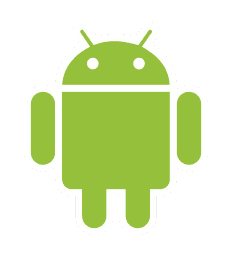
The days have grown short, the weather cold. The halls are decked for Christmas and we can already hear the faint echoes of “Auld Lang Syne” in the distance. It all means — provided an apocalyptic Mayan prediction doesn’t hold true — that one year is coming to a close as the calendar turns to the next.
2012 was a big year for Android, though it may have lacked some of the flash of the little green robot’s previous trips around the sun. We saw plenty of new devices, updates to the Android ecosystem, a few hallmark legal cases coming to a close, as well as Google’s completed acquisition of Motorola.
As we look ahead to next year, CES, the Galaxy S4, Key Lime Pie, and more, we thought it would be appropriate to reflect back on some of the biggest moments for Android from the past 12 months. Follow along as we count down the top five Android stories of 2012!
5. OUYA pre-release buzz proves there is a market for alternative Android devices
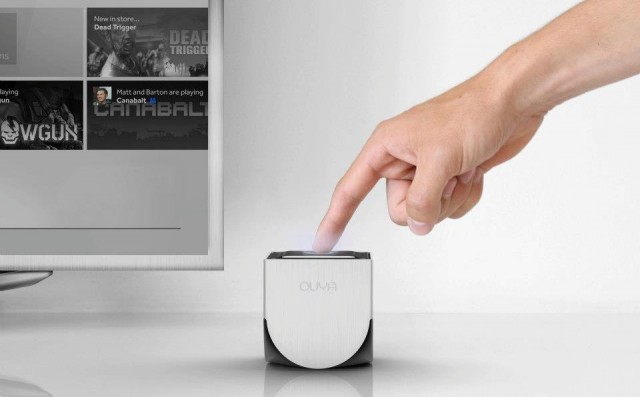
Google has made several attempts to take Android out of the pocket and put it in the living room. Google TV has managed to carve out a small niche while other products like the Nexus Q media orb (which we will touch on later in this list) failed to gain any traction. With that in mind, it’s no wonder that we greeted the OUYA game console and its humble Kickstarter beginnings with plenty of skepticism.
But what started with a prototype and a plan quickly grew to be one of the most-hyped Android devices of recent memory. The team behind the Android-based gaming system quickly met their funding goal and then some, and we’ve watched every step since with keen interest.
While OUYA is far from your traditional Android hardware, it proves there is a place for the OS outside of smartphones and tablets. OUYA likely won’t ever be part of Google’s vision for the platform, but with dedicated developers and plenty of interest, it could grow to be something altogether its own. OUYA will ship early next year, and from the looks of things, it won’t be alone. Will 2013 be the year of the standalone Android home entertainment device?
4. In first full year without Steve Jobs, Apple goes the Android route

A 4-inch iPhone? An 8-inch iPad? In the Steve Jobs era of Apple, a period that sadly came to a close when the architect of the iGeneration died of cancer in 2011, such devices would have been unthinkable. Under new CEO Tim Cook, Apple has had to admit that perhaps consumers are looking for more options when it comes to device size.
This year Apple released the arguably underwhelming iPhone 5 and long-rumored iPad mini. The former eschewed the 3.5-inch display found on previous iPhone models for a larger 4-inch screen. The latter cut a few inches off the size of the standard iPad and left a few greenbacks in the wallets of those rushing to buy the lower-priced tablet option. Both are the direct result of increasing pressure from Google and its manufacturing partners.
Otherwise, the devices failed to impress as previous Apple models have. Specs were modestly increased, iOS was tweaked, but the end result was a rather pedestrian, though beautiful, set of devices. In contrast, manufacturers like Samsung pushed the boundaries of smartphone and tablet tech with massive HD displays, quad-core processing, and unique sharing capabilities. Once the biggest argument against Android, fragmentation has only served to spur on competition and innovation.
3. Google Play opens new world of content to Android users
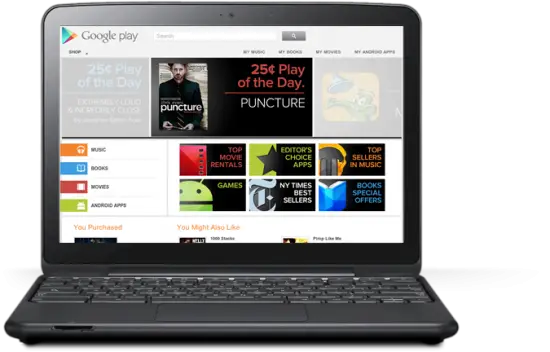
Google made a bold move in 2012 when they decided to ditch the Android Market in favor of Google Play. The rebranding came with little to no warning and was much more than a simple name change. As has slowly been realized throughout the course of the year, the shift to Google Play was as much about Google’s long-term goals as it was about short-term strategy.
With the dawn of Google Play, the former Android Market expanded its content offerings far beyond apps and games. It marked the consolidation of several Google content services, including books, music, and movies, into one streamlined ecosystem.
The store crossed over from digital-only to physical goods when it began selling devices from Google’s Nexus lineup, marking a return to a once-abandoned strategy to sell smartphones contract-free and potentially shakeup the way the mobile industry operates. That hasn’t happened just yet, but as the Google Play Store continues to grow it has quickly become a go-to source for the latest media, apps, games, and more.
2. Apple wins major case over Samsung as patent lawsuits run rampant

If we had to come up with an unofficial subtitle for 2012, “The Year of the Patent Lawsuit” would get our vote. Intellectual property litigation reached a new high as major companies and patent trolls alike sought to collect cash and ban products from the US to Europe and beyond.
Several major cases came to a close this year. Google came out on top in a patent spat with Oracle over Java while HTC and Apple reached a cross-licensing agreement, but perhaps the biggest verdict came out of Judge Lucy Koh’s California courtroom in the case of Apple v. Samsung.
A jury concluded that Samsung had infringed upon several Apple patents across multiple devices, a decision that came with over $1 billion in penalties. The particulars of the ruling are still being sorted out, but most recently it was ruled that none of the offending Samsung handsets would face a sales ban.
Several major cases, including a second US trial between Apple and Samsung, are still awaiting their time in front of a judge, so the patent war could easily consume 2013 as well. Here’s hoping some of these company’s come to their senses. We’d love for the new year to be one of creative and robust competition and innovation, not mudslinging and petty money grabs.
1. Google releases first tablet, the Nexus 7 with Jelly Bean, entire lineup expands
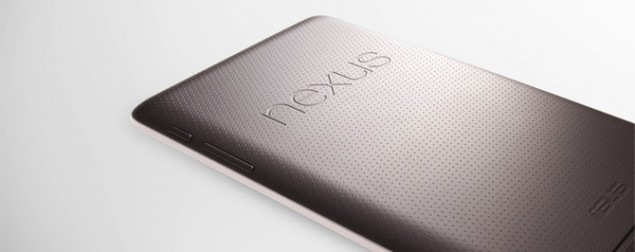
Nexus rumors were plentiful in 2012 as were Nexus devices. While we didn’t quite get the overhauled Nexus program we were dreaming of, Google not only managed to release their first tablet, the Nexus 7, but it dropped a second by year’s end alongside the latest Nexus smartphone.
The Nexus 7 launched at Google I/O alongside the latest version of Android, Jelly Bean. It was an instant hit thanks to its mix of hardware (including a quad-core CPU), features (like Android 4.1’s Google Now), and pricing (starting at $199). Its availability in the Google Play Store marked a new focus on device sales by Google.
The Nexus 7 was followed in the fall by a new version of Jelly Bean (Android 4.2) and the Nexus 4 and Nexus 10. The Nexus 4 was an instant hit and created plenty of customer frustration when supply failed to meet demand. Many buyers are still waiting for their handsets to ship.
It wasn’t all cherries and roses for the Nexus line in 2012, however. The ill-fated Nexus Q was also announced at Google I/O, but after a short pre-sale period was pulled from Google’s site and shipments to buyers were cancelled. The eventual fate of the Nexus Q is not known, but things aren’t looking good for the odd media orb.
***
Disagree with our list? Would you put it in a different order? Did we miss something you consider huge? Vote in the poll and sound off in the comments below!
[polldaddy poll=6778525]

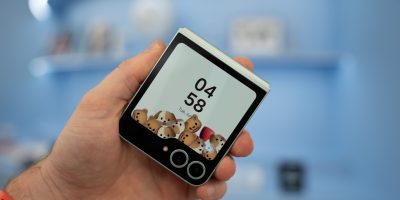
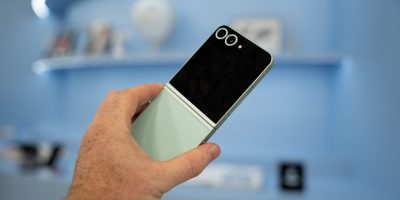
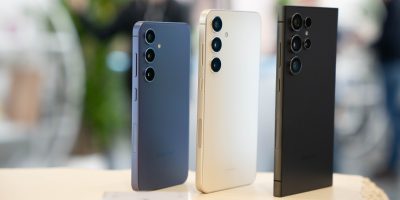
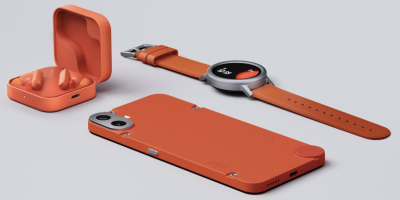
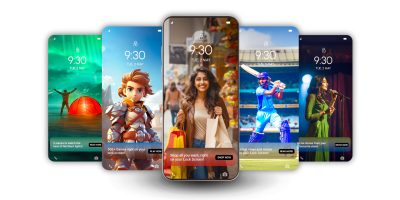
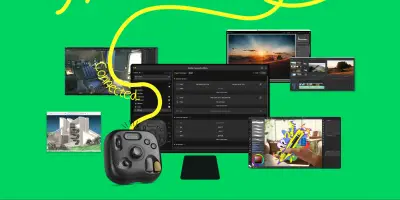




I don’t see all the excitement over OUYA.
it shows the versatility of android as a platform meant for greater things than just phones and tablets.
This is what I thought was the original intent of Android, as a scalable platform meant for a multitude of devices. It wasn’t until the G1 came out that I realized it was phone software.
1 or more of the writers here seem to be excited/involved.
So there ya go. Everyone’s free to start their own OUYA free Android site… :)
I’d prefer to hear a lot less about that darn Oppo, and other no-name devices I’d never buy, and the endless spec comparisons with established brands… I wonder if they bring in ad bucks ? Writers & site builders have to earn a living though, like most of the rest of us.
I hear you man. I see that stuff on here and I’m just think “Oh cool, another phone that I will never be able to touch or will never be relevant”
Shame they didn’t go at least for Tegra 4 or Exynos 5 Quad, though. I don’t want them to launch in 2013 with an early 2012 chip.
The Nexus 7 rumors owned my life in 2012 until July.
#4 isn’t android news…It’s apple news.
The impact of android?
And #4 is Samsung/Apple news. What the heck Phandroid ?
“The Nexus 4 was an instant hit and created plenty of customer frustration when supply failed to meet demand. Many buyers are still waiting for their handsets to ship.” Thank you for throwing that in there. That wouldn’t be a true paragraph without that. I was going to troll if it wasn’t in there.
I would say 1 and 3 together – starting with the rollout of Google Music late last year, Google started putting together a unified ecosystem and standing behind it through through the release of devices like the N7 and the N10 (and, to a lesser extent, the N4).
And now that you’re down to four news stories, I would add Google Now, which is a look into the future of both the Android OS and Google search, generally.
On #4. “The former eschewed the 3.7-inch display found on previous iPhone models for a larger 4-inch screen.”
The previous models all had 3.5in displays, not 3.7in.
The Nexus 7, along with the Kindle Fire, lighted the way for portable tablets, but the Nexus 7 gave the stock UI that every android fan craves… It shows in the sales.
I think that is the #1 news story about Android this year.
I would have said Nexus 4, but I’m one of the few with one apparently. :)
I know it was probably meant as a joke but I’m so sick of hearing about this “Mayan apocalypse prediction.” Despite what the scumbag History Channel would have you believe, they NEVER made any predictions about an apocalypse. It just so happens their calendar turns over this year and starts a new cycle. Which by the way has happened 12 or 13 times already.
So, we SHOULDN’T go out and party this Thursday like it’s the end of the world? O.o
Oh you should ALWAYS party like it’s the end of the world.
While the N7 is a fantastic tablet for an amazing price, I think the patent wars is still the biggest story for Android this year. Goes to show Apple (and to an extent, Google) are grasping at straws.
It’s almost like this poll was arranged in order of “importance” and then people voted accordingly, too.
tbh the biggest story is the Note 2.
Don’t know if it’s been mentioned or not but I’d say Samsung selling over 30 million Galaxy S3s is big news for the year.
I think Samsung having the first phone that launched on all major carriers was a HUGE story. It was the first phone that was untouched between the carriers and of course it is also the best selling phone.
Nexus 7. Not only a tremendous tablet, it opened the door for the Nexus 4, an outstanding phone.
The Samsung vs. Apple story was bigger, but it wasn’t specifically about Android.
To be honest, I still don’t know what Patents Apple used to win against Samsung. I mean what exactly is Apple saying Samsung copied? Especially since Samsung has proof of things they had previously. Oh well…
I like this End-Of-The-World madness. Ima Zombie person, not a Vampire Person. My gosh, vampires were taking over (Vampire Diaries and Twilight Series). Now Zombies can start taking over, hence The Walking Dead. YES!!
meep